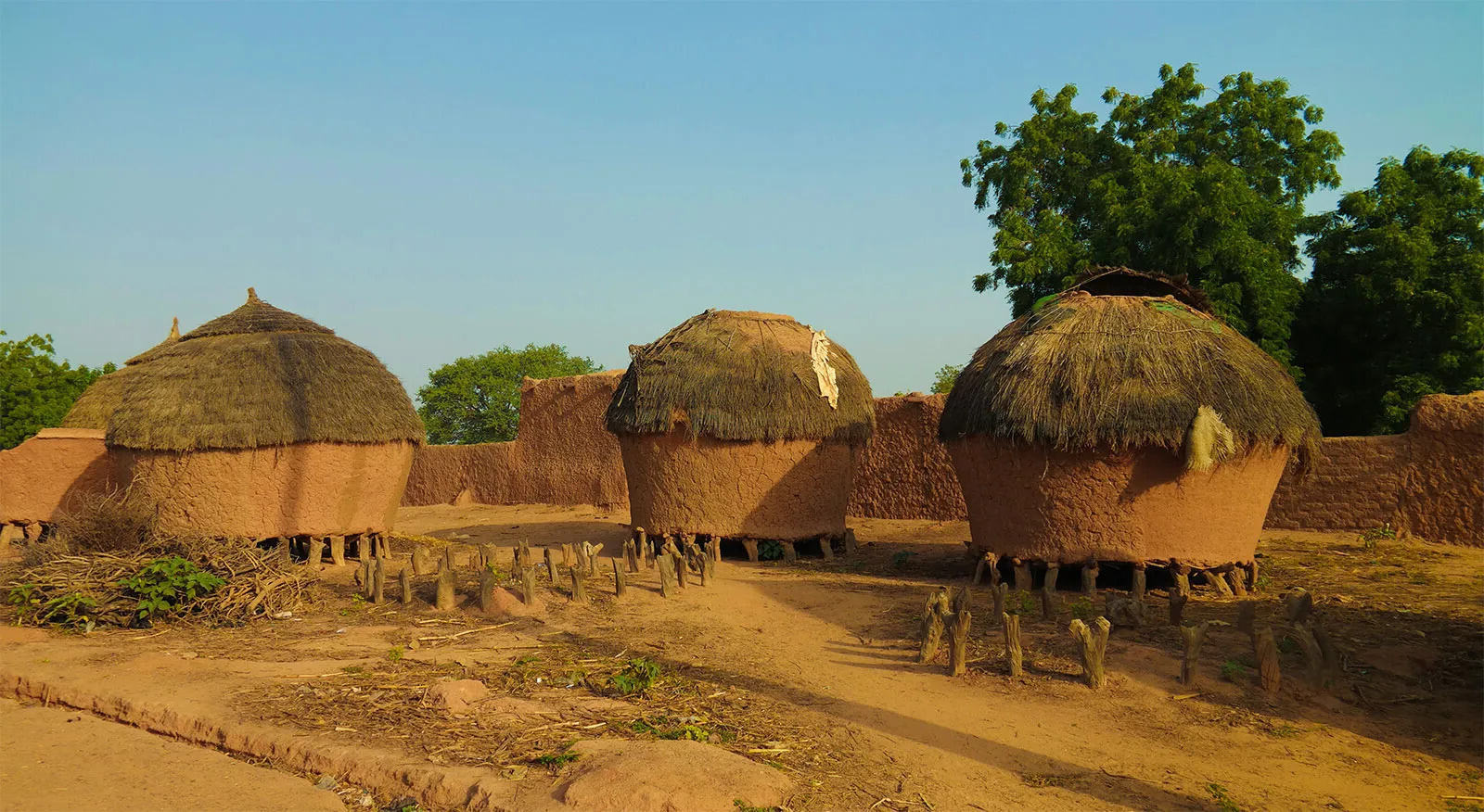
Niger is a fascinating country in West Africa, often overlooked but rich in history, culture, and natural beauty. Did you know that Niger is named after the Niger River, which flows through the southwestern part of the country? This landlocked nation is known for its vast deserts, including the famous Sahara Desert. Niger is also home to diverse ethnic groups, each with unique traditions and languages. Despite facing challenges like poverty and limited resources, the people of Niger display incredible resilience and hospitality. Niger's capital, Niamey, is a bustling city that offers a glimpse into the country's vibrant life. Whether you're interested in geography, culture, or history, Niger has something intriguing to offer.
Key Takeaways:
- Niger, the largest country in West Africa, is mostly covered by the Sahara Desert. Its diverse landscape includes the Niger River, Aïr Mountains, and the shrinking Lake Chad, providing unique habitats for wildlife and environmental challenges.
- With a rich history rooted in ancient civilizations and diverse ethnic groups, Niger's culture is reflected in its traditions, languages, and art. The country's economy relies on agriculture, mining, and livestock, with significant natural resources like uranium and oil.
Geography and Landscape
Niger is a country with a rich and diverse landscape. From vast deserts to lush river valleys, its geography is both fascinating and unique.
- Niger is the largest country in West Africa, covering approximately 1.27 million square kilometers.
- The Sahara Desert occupies more than 80% of Niger's land area.
- The Niger River, which the country is named after, is the third-longest river in Africa, stretching over 4,180 kilometers.
- The Aïr Mountains, located in northern Niger, are a series of high plateaus and peaks that rise up to 2,022 meters above sea level.
- Lake Chad, once one of the largest lakes in Africa, has significantly shrunk but still serves as an important water source for Niger and neighboring countries.
History and Culture
Niger's history and culture are deeply rooted in ancient civilizations and diverse ethnic groups. The country's heritage is reflected in its traditions, languages, and art.
- The ancient city of Agadez, founded in the 11th century, is a UNESCO World Heritage site known for its unique mud-brick architecture.
- Niger was part of several powerful empires, including the Songhai Empire and the Mali Empire.
- The Tuareg people, known as the "blue people" due to their indigo-dyed clothing, are one of Niger's prominent ethnic groups.
- Hausa is the most widely spoken language in Niger, followed by Zarma and Tuareg.
- The traditional Gerewol festival, celebrated by the Wodaabe people, features elaborate dances and beauty contests.
Economy and Resources
Niger's economy is largely based on agriculture, mining, and livestock. Despite challenges, the country has significant natural resources.
- Niger is one of the world's top producers of uranium, which is a key component in nuclear energy production.
- Agriculture employs more than 80% of Niger's population, with millet, sorghum, and cowpeas being the main crops.
- The country has significant oil reserves, with production starting in 2011.
- Livestock farming, particularly cattle, goats, and camels, is an essential part of Niger's economy.
- Niger is part of the Economic Community of West African States (ECOWAS), which promotes economic integration and cooperation among member countries.
Wildlife and Environment
Niger is home to a variety of wildlife and natural habitats. Conservation efforts are crucial to protect its unique biodiversity.
- The Termit and Tin Toumma National Nature Reserve is one of the largest protected areas in Africa, covering over 97,000 square kilometers.
- The reserve is home to endangered species such as the addax antelope and the Saharan cheetah.
- The W National Park, shared with Burkina Faso and Benin, is a UNESCO World Heritage site known for its diverse ecosystems and wildlife.
- Niger's climate is predominantly hot and dry, with temperatures often exceeding 40°C (104°F) in the summer.
- Desertification is a significant environmental challenge in Niger, affecting agriculture and livelihoods.
Niger's rich history, diverse culture, and unique geography make it a fascinating country with much to offer.
Final Thoughts on Nigeria
Nigeria's rich history, diverse culture, and significant contributions to the world make it a fascinating country. From its bustling cities to its natural wonders, there's always something new to learn about this West African nation. The country's blend of traditional and modern elements creates a unique tapestry that captivates anyone who takes the time to explore it. Whether it's the vibrant music scene, the delicious cuisine, or the incredible wildlife, Nigeria offers a wealth of experiences. Understanding these facts not only broadens our knowledge but also fosters appreciation for Nigeria's role on the global stage. So next time you hear about Nigeria, you'll have a deeper insight into what makes this country so special. Keep these facts in mind, and you'll be well-equipped to share interesting tidbits about Nigeria with others.
Frequently Asked Questions
Was this page helpful?
Our commitment to delivering trustworthy and engaging content is at the heart of what we do. Each fact on our site is contributed by real users like you, bringing a wealth of diverse insights and information. To ensure the highest standards of accuracy and reliability, our dedicated editors meticulously review each submission. This process guarantees that the facts we share are not only fascinating but also credible. Trust in our commitment to quality and authenticity as you explore and learn with us.


